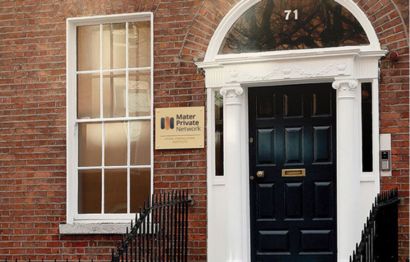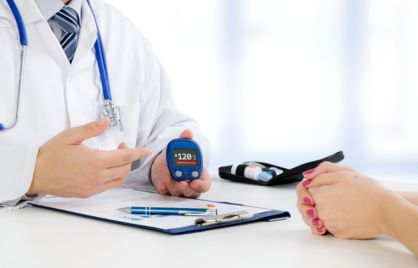Pulse Check
Your heart beats on average 60-100 beats per minute. An irregular pulse may indicate an abnormal heart rate or rhythm such as atrial fibrillation. Exercise, anxiety, medications, some illnesses and even caffeine can change your pulse. Occasional missed beats, which might feel like a flutter or palpitations in your chest, can be normal.

When should I check my pulse?
- When you are relaxed
- At the same time each day
- A good time is before getting out of bed or while relaxing in the evening
Why should I check my pulse?
- To check your heart beats per minute
- To find out if the rhythm is regular or irregular, which may indicate an abnormality such as atrial fibrillation (AFib)
Atrial Fibrillation Institute
Established in 2020, the Atrial Fibrillation Institute at Mater Private Dublin is a full-time, dedicated centre of excellence providing access to advanced therapies and multidisciplinary care for the treatment of atrial fibrillation.
Learn more
How do I check my pulse?
The most common place to check your pulse is on your wrist. Take a look at our video and learn how to check your pulse.
When should I seek advice?
Everyone is different. You should contact your doctor if your pulse is:
- Fast and racing some or most of the time and you feel unwell
- Slow some or most of the time and you feel unwell
- Consistently above 120 beats per minute
- Consistently below 40 beats per minute
- Beating in an irregular rhythm
If you are experiencing chest pain, palpitations or breathlessness the Urgent Cardiac Care Centre at Mater Private Dublin is available 24 hours a day, seven days a week to care for you. Call 1800 247 999.
Mater Private Cork provides Urgent Cardiac Care Monday to Friday from 9am to 5pm. Call 021 601 3326.







.jpg?sfvrsn=bc97231b_1)



.jpg?sfvrsn=424a0452_1)

